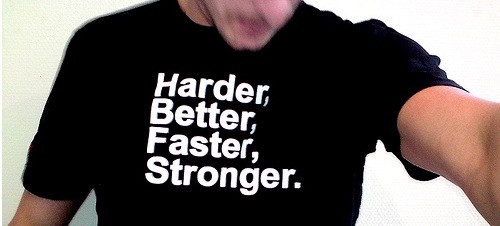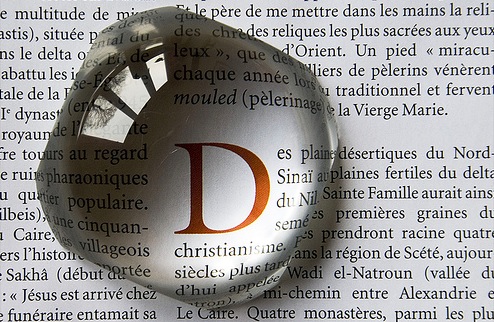
Productivity is big business. After all, who wouldn’t pay good money to find out how to become faster and better at work and play? The less reputable books, blogs and podcasts available would lead you to believe that there is some kind of ‘dark art’ or ‘magic formula’ to becoming more productive.
That’s simply not true.
Productivity boils down to three very straightforward things:
- Motivation
- Efficiency
- Choices
Let me explain…
1. Motivation
These three key elements to productivity are actually somewhat hierarchical. At the bottom of the hierarchy comes motivation. This can come from a variety of sources but all lead to a realisation that your day-to-day routine can be made faster, better and more interesting by making some changes.
Some of the best ways to get motivated that I’ve found are:
- Getting up early
- Reading something motivational (including the Bible)
- Finding an audience (e.g. through blogging)
- Holding yourself accountable to someone else
- Having a goal in mind (e.g. spending more time with family, achieving a target amount of something)
2. Efficiency
Efficiency is doing things you already do, but faster and/or better. It’s like replacing You 1.0 with You 1.5.So instead of using a paper calendar you use an online calendar. You multitask. If there’s a way to use keyboard shortcuts in an application you use routinely, you seek them out and start using them.
Motivation must be present before time-savings and productivity boosts through efficiency can be found. It’s far too easy to maintain the status quo and do things in the same old tried-and-tested way. Efficiency involves experimentation and, as such, can be tiring as you are exercising your mental faculties more. This, of course, is good in the long run for mental development and memory retention.
3. Choices
Ultimately, though, being productive means making the correct choices, constantly improving workflows and having a decent feedback system. One of the best ways of doing this is by being part of a self-improvement community. Churc communities – at least the more evangelical ones – are naturally like this, but they can be found elsewhere.
Twitter and other social networks are good places to find motivated, enthusiastic people willing to share ideas and tips on becoming more productive. Some of the absolutely top tips, however, come from the comments sections of productivity blogs.
Here’s 5 productivity-related blogs you should definitely subscribe to:
What makes YOU more productive? 🙂
(Image credit: WAYWT? by Frederic della Faille @ Flickr)



